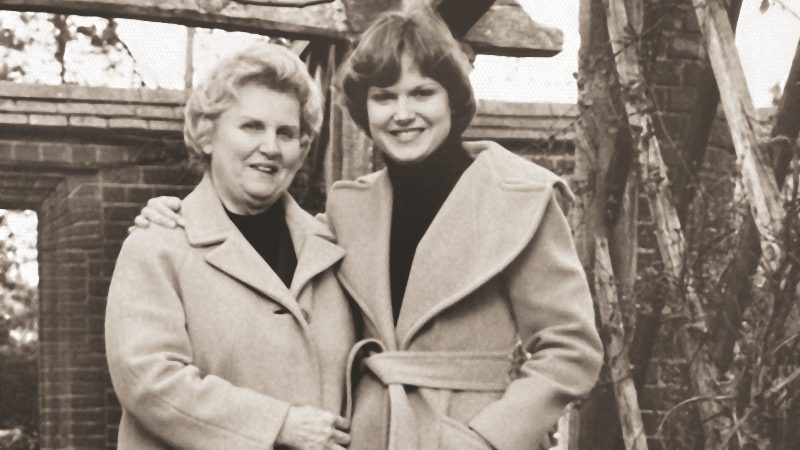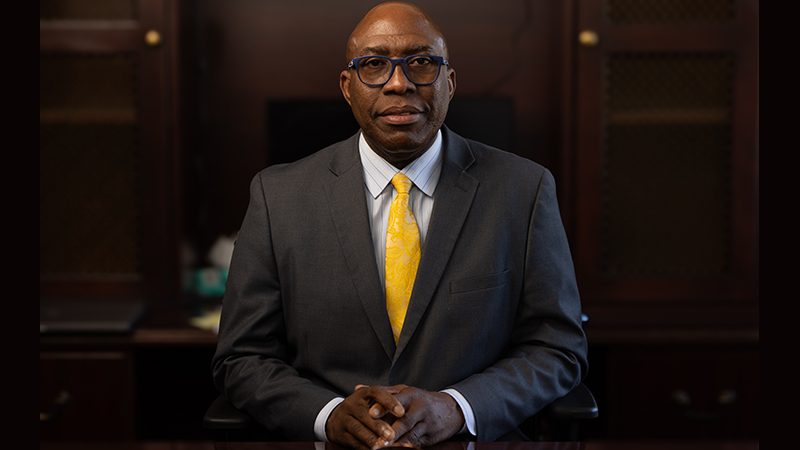Decision means fewer religious employees will have to choose between their faith and their job.
In a unanimous decision announced on Thursday, June 29, 2023, the Supreme Court of the United States granted a victory to former postal carrier Gerald Groff after Groff lost his job for observing the Sunday Sabbath. The decision strengthens legal protections for employees seeking religious accommodations, such as schedule changes to observe holy days, by requiring employers to provide accommodations unless doing so would result in substantial and burdensome costs in light of the size of the employer.
In its holding, the Supreme Court held that lower courts have been getting it wrong for the past 50 years in interpreting a past precedent to impose only a minimal burden on employers, although stopping short of outright reversing the prior precedent, TWA v. Hardison.
The decision means more employers will be required to take seriously their employees’ religious accommodation requests. Employees of faith often seek religious accommodations to honor their holy days, to take prayer breaks during the day, to dress according to their religious beliefs, or to otherwise not be forced to violate their religious beliefs on the job.
The Supreme Court’s unanimous decision is a resounding victory for religious freedom. No longer will employers be able to dismiss religious accommodation requests as they have been doing all too often, assuming such discrimination comes with little legal risk.
Mr. Groff was represented, in part, by Alan Reinach, executive director of the Church State Counsel. “The Supreme Court’s unanimous decision is a resounding victory for religious freedom. No longer will employers be able to dismiss religious accommodation requests as they have been doing all too often, assuming such discrimination comes with little legal risk,” said Reinach. “Instead, workers of all faiths will no longer have to leave their faith at home when they go to work.”
In response to the decision, Gerald Groff said, “I am grateful to have had my case heard by the U.S. Supreme Court and that they have decided to uphold religious liberty. I hope this decision allows others to be able to maintain their convictions without living in fear of losing their jobs because of what they believe.”
The Church State Council is the oldest public policy organization in the western United States devoted to religious freedom and the separation of church and state. It is a Seventh-day Adventist organization, the public affairs and religious liberty ministry of the Pacific Union Conference of Seventh-day Adventists. The Council’s legal services ministry focuses on serving those who need religious accommodation in the workplace or suffer discrimination.
Learn more about the work of the Church State Council and the implications of the Groff case at https://www.churchstate.org.

La Corte Suprema otorga unánime histórica victoria
La decisión significa que menos empleados religiosos tendrán que elegir entre su fe y su trabajo
En una decisión unánime anunciada el jueves 29 de junio de 2023, la Corte Suprema de los Estados Unidos otorgó una victoria al excartero Gerald Groff después de que Groff perdiese su trabajo por observar el domingo. La decisión fortalece las protecciones legales para los empleados que buscan adaptaciones religiosas, como cambios de horario para observar días sagrados, al exigir a los patrones que proporcionen adaptaciones a menos que hacerlo resulte en costos sustanciales y onerosos al empleador.
En su fallo, la Corte Suprema sostuvo que los tribunales inferiores se han equivocado durante los últimos 50 años al interpretar un precedente pasado para imponer solo una carga mínima a los patrones, aunque no llegó a revertir directamente el precedente anterior TWA vs. Hardison.
La decisión significa que se requerirá que más patrones tomen en serio las solicitudes de adaptación religiosa de sus empleados. Los empleados religiosos a menudo solicitan adaptaciones religiosas para honrar sus días sagrados, para el descanso y la adoración, para vestirse de acuerdo con sus creencias religiosas o para no verse obligados a violar sus creencias religiosas.
«La decisión unánime de la Corte Suprema es una victoria rotunda para la libertad religiosa. Los empleadores ya no podrán desestimar las solicitudes de adaptación religiosa como lo han estado haciendo con demasiada frecuencia, suponiendo que tal discriminación conlleva poco riesgo legal»
Groff estuvo representado, en parte, por Alan Reinach, director ejecutivo del Church State Counsel. «La decisión unánime de la Corte Suprema es una victoria rotunda para la libertad religiosa. Los empleadores ya no podrán desestimar las solicitudes de adaptación religiosa como lo han estado haciendo con demasiada frecuencia, suponiendo que tal discriminación conlleva poco riesgo legal», dijo Reinach. «En cambio, los trabajadores de todas las religiones ya no tendrán que dejar su fe en casa cuando vayan a trabajar».
En respuesta a la decisión, Gerald Groff dijo: «Estoy agradecido de haber tenido mi caso escuchado por la Corte Suprema de los Estados Unidos y de que hayan decidido defender la libertad religiosa. Espero que esa decisión permita que otros puedan mantener sus convicciones sin vivir con el temor de perder su trabajo debido a lo que creen».
El Church State Counsel es la organización de política pública más antigua en el oeste de los Estados Unidos dedicada a la libertad religiosa y la separación de la iglesia y el estado. Es una organización adventista del séptimo día, el ministerio de asuntos públicos y libertad religiosa de la Pacific Union Conference de los Adventistas del Séptimo Día. El ministerio de servicios legales se centra en servir a aquellos que necesitan asistencia religiosa en su lugar de trabajo o sufren discriminación.
Para más información acerca del Church State Counsel ir a https://www.churchstate.org.







